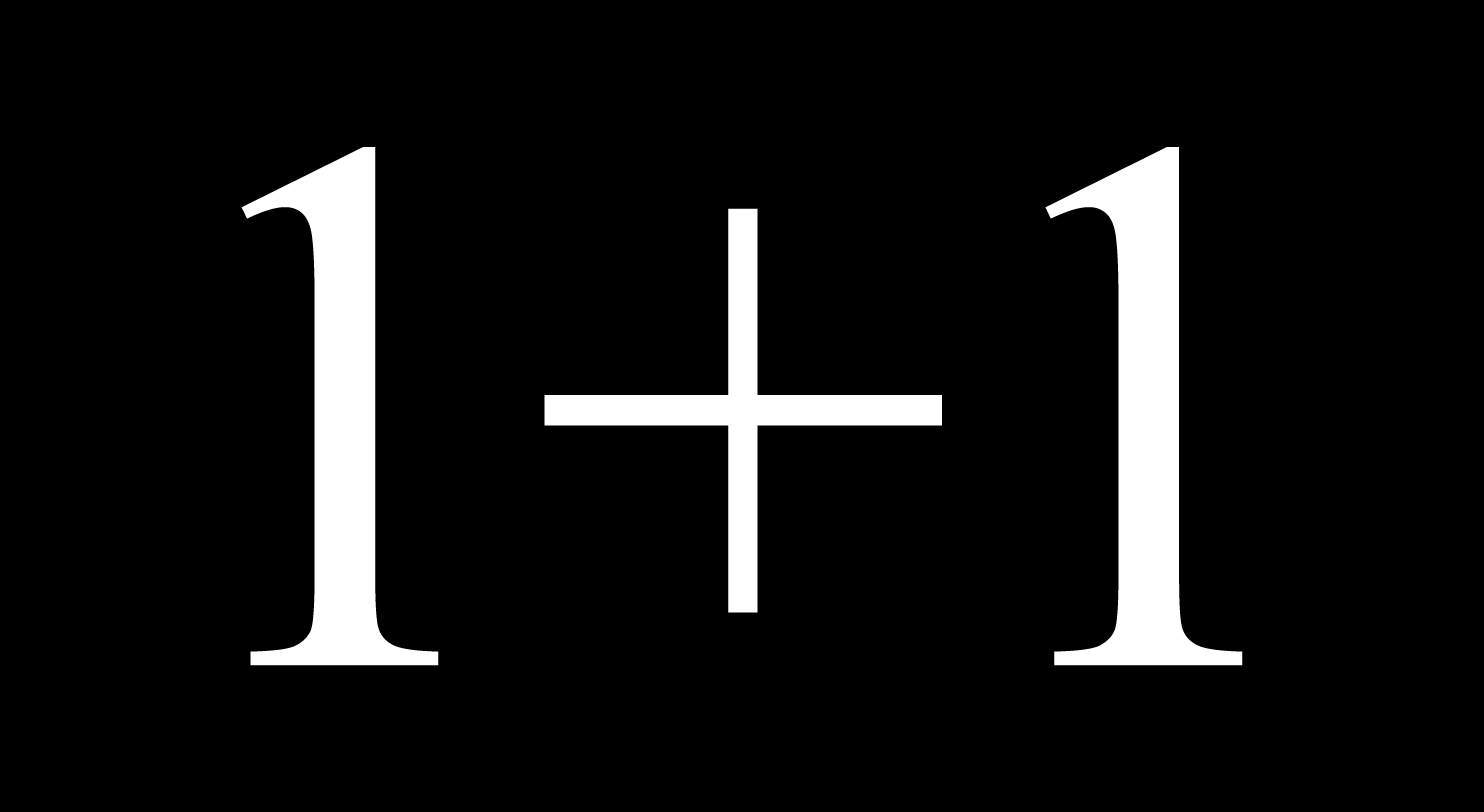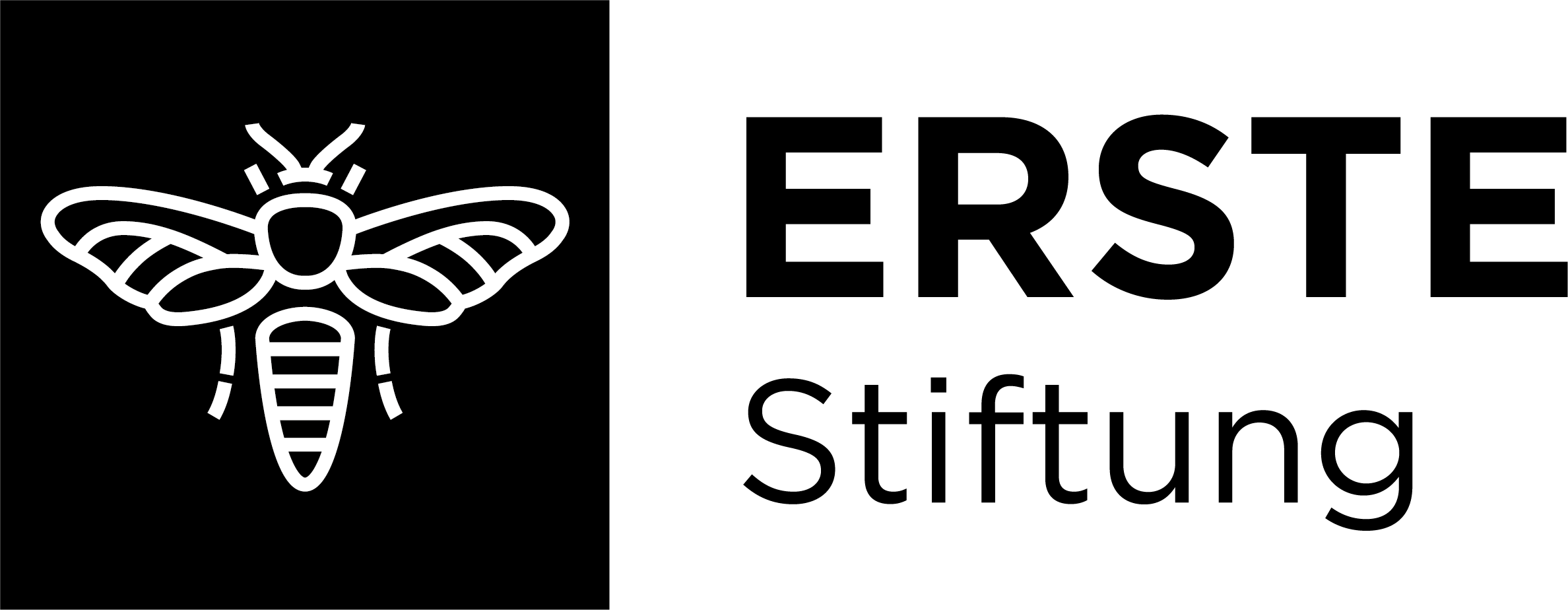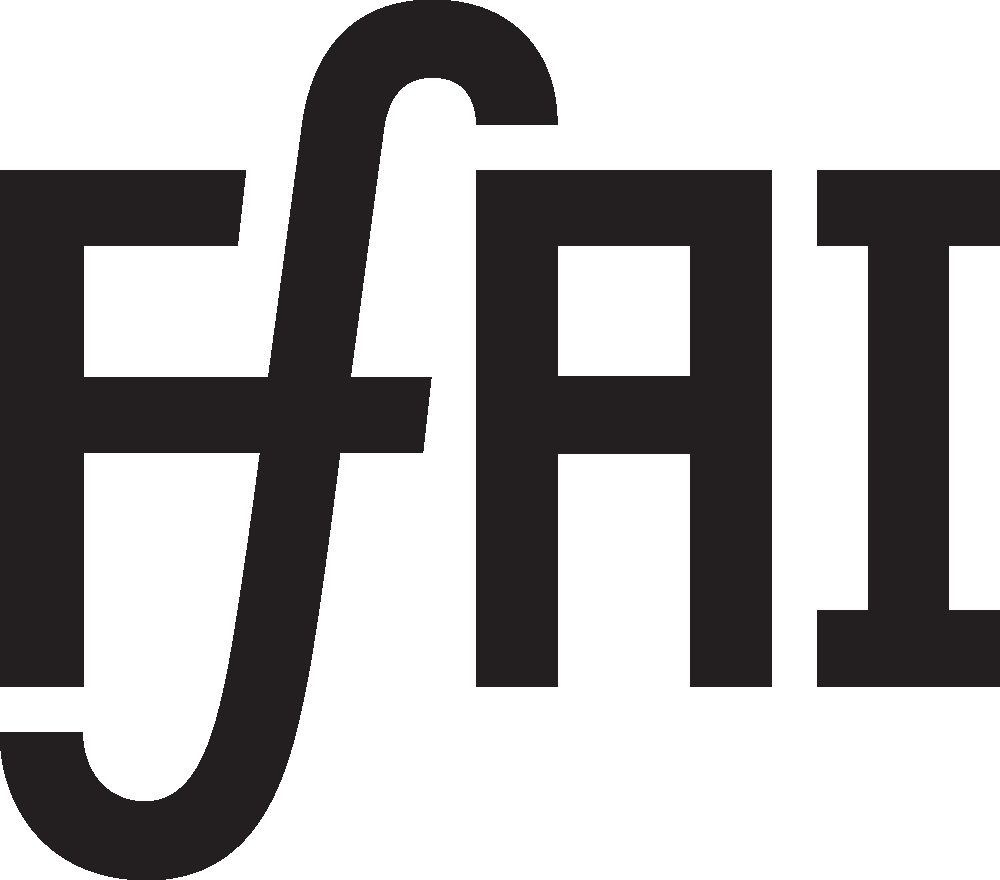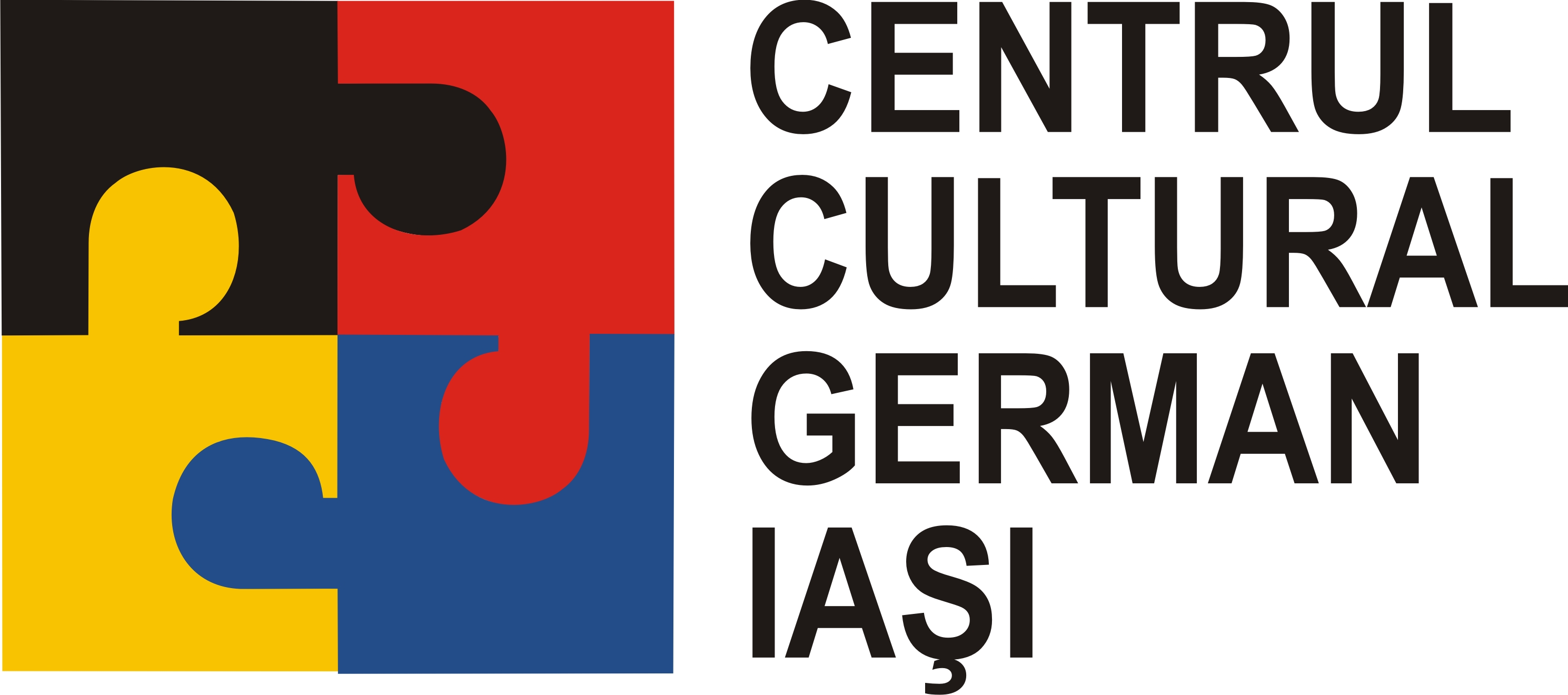The Revised Schuman Declaration
Andrei Nacu
Installation
Robert Schuman proposed on 9 May 1950 is considered to be a success and a determinant factor of 70 years of a so-called European peace, I wanted to investigate and explore what can we learn from this political act and the process that followed it. I am interested in finding ways in which we could transform and adapt this text to the present socio-economic realities, in order to continue, or truly engage in, the fight for peace. What can be changed in its formulation, which concepts can be replaced for an improved version, adapted to our current realities?
From the interviews gathered in the Conditions of Peace project, I’ve noticed that many of the respondents are questioning or even considering incompatible with the idea of peace some of the notions that are employed in the original text of the declaration. Moreover, if we were to talk about conditions of peace in a context of climate change, immigration, labour, employment and working conditions, what kind of resources would be now essential in the endeavour for peace? What should we place within a framework of the commons in order to actively participate in the peace process?
Based on the data from the interviews and the text of the original document, I have generated multiple versions of the Schuman Declaration as imagined revisions, adapted for the current conditions of the world. By creating fictional but nonetheless possible or desirable scenarios, I want to question and deconstruct the original text and its implications, and at the same time to confront it with the present context. With this „creative effort” I want to shape possibilities and open up the debate about what the EU should or could be.
Andrei Nacu (b. 1984) lives and works in London, U.K. and Iasi, Romania. In his creative practice he is using documentary photography, the family album and the photographic archive to create stories which analyze the junction between personal memory and social history. His most recent work includes video, installation and performance and focuses on the politics of representation and media archaeology.
Currently he is working at the Royal Anthropological Institute, London. In 2013 he graduated with an MA in Documentary Photography from the University of Wales, Newport and previously studied Photography and Video at the George Enescu National University of Arts, Iasi, Romania.
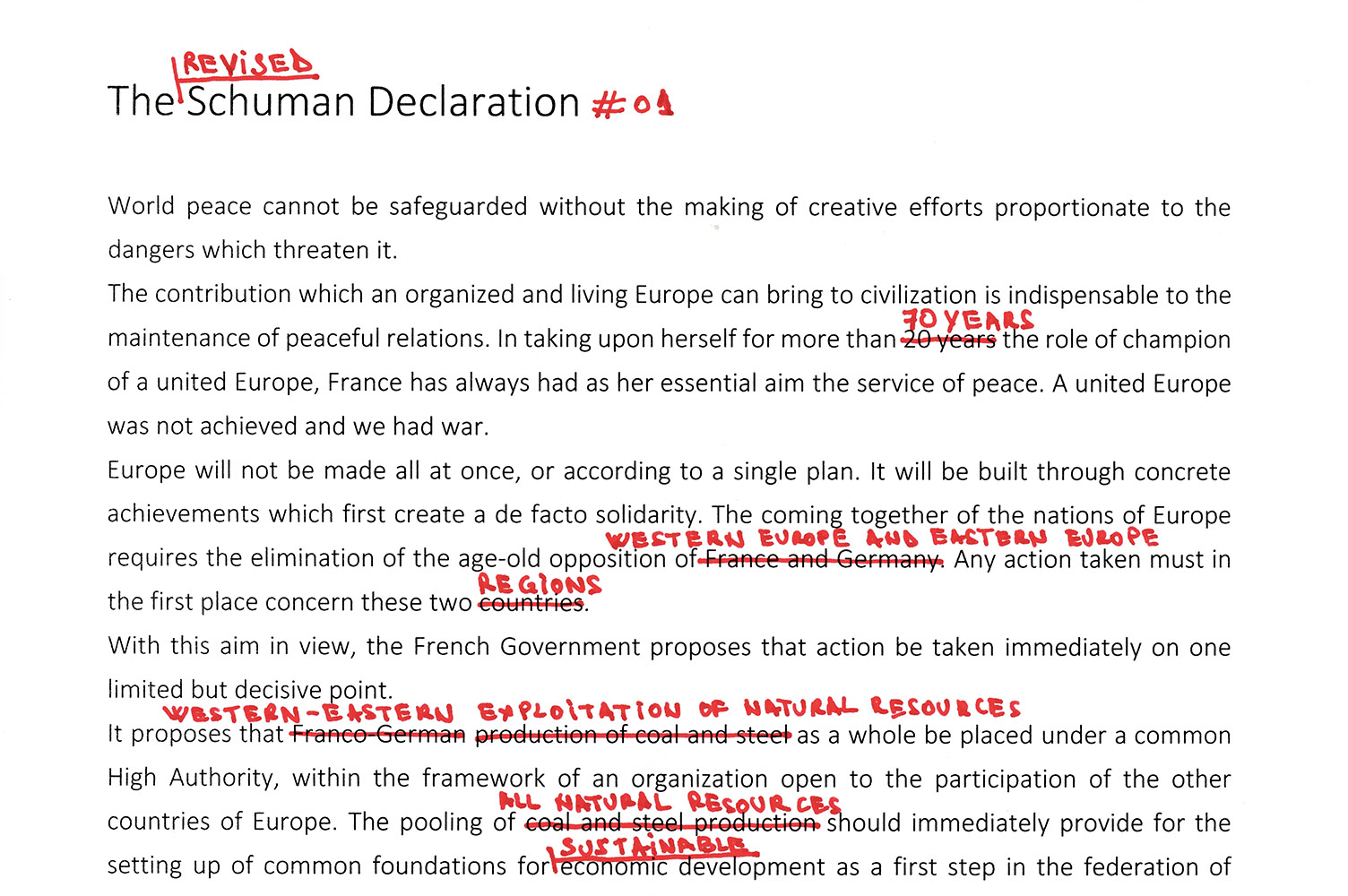 |
The Revised Schuman Declaration #01
World peace cannot be safeguarded without the making of creative efforts proportionate to the dangers which threaten it.
The contribution which an organized and living Europe can bring to civilization is indispensable to the maintenance of peaceful relations. In taking upon herself for more than 70 years the role of champion of a united Europe, France has always had as her essential aim the service of peace. A united Europe was not achieved and we had war.
Europe will not be made all at once, or according to a single plan. It will be built through concrete achievements which first create a de facto solidarity. The coming together of the nations of Europe requires the elimination of the age-old opposition of Western Europe and Eastern Europe. Any action taken must in the first place concern these two regions.
With this aim in view, the French Government proposes that action be taken immediately on one limited but decisive point.
It proposes that Western European-Eastern European exploitation of natural resources as a whole be placed under a common High Authority, within the framework of an organization open to the participation of the other countries of Europe. The pooling of all natural resources should immediately provide for the setting up of common foundations for sustainable economic development as a first step in the federation of Europe, and will change the destinies of those regions which have long been devoted to the exploitation of natural resources and unsustainable manufacture of consumer goods, of which they have been the most constant victims.
The solidarity in building a good relation with nature and its natural resources thus established will make it plain that any war between Western Europe and Eastern Europe becomes not merely unthinkable, but materially impossible. The setting up of this powerful sustainable economic unit, open to all countries willing to take part and bound ultimately to provide all the member countries with the basic elements of sustainable production on the same terms, will lay a true foundation for their economic unification.
This production will be offered to the world as a whole without distinction or exception, with the aim of contributing to raising living standards and to promoting peaceful achievements. With increased resources Europe will be able to pursue the achievement of one of its essential tasks, namely, offering compensations for the colonial exploitation to the African continent. In this way, there will be realised simply and speedily that fusion of interest which is indispensable to the establishment of a common economic system; it may be the leaven from which may grow a wider and deeper community between countries long opposed to one another by sanguinary divisions.
By pooling the exploitation of natural resources and sustainable economic production and by instituting a new High Authority, whose decisions will bind Western Europe, Eastern Europe and other member countries, this proposal will lead to the realization of the first concrete foundation of an International federation indispensable to the preservation of peace.
To promote the realization of the objectives defined, the French Government is ready to open negotiations on the following bases.
The task with which this common High Authority will be charged will be that of securing in the shortest possible time the modernization of all forms of production and the improvement of the way natural resources are exploited; the evaluation of air, water and soil quality on identical terms to the Western Europe’s and Eastern Europe’s ecosystems, as well as to the ecosystem of other member countries outside Europe; the development in common of policies and strategies together with other countries; the equalization and improvement of the living conditions of all people living in these regions.
To achieve these objectives, starting from the very different conditions in which the forms of extraction and production of member countries is at present situated, it is proposed that certain transitional measures should be instituted, such as the application of a production standard and ecological impact plan, the establishment of compensating machinery for equating prices, and the creation of a restructuring fund to facilitate the rationalization of exploitation and production. The movement of goods and natural resources between member countries will immediately be freed from all customs duty, and will not be affected by differential transport rates. Conditions will gradually be created which will spontaneously provide for the more rational distribution of production at the highest level of productivity.
In contrast to international corporations, which tend to avoid any responsibility for the environmental costs on production and the exploitation of national ecosystems and natural resources, and to maintain high profits, the organization will ensure the fusion of ecosystems and the expansion of sustainable economic production.
The essential principles and undertakings defined above will be the subject of a treaty signed between the States and submitted for the ratification of their parliaments. The negotiations required to settle details of applications will be undertaken with the help of an arbitrator appointed by common agreement. He will be entrusted with the task of seeing that the agreements reached conform with the principles laid down, and, in the event of a deadlock, he will decide what solution is to be adopted.
The common High Authority entrusted with the management of the scheme will be composed of independent persons appointed by the governments, giving equal representation. A chairman will be chosen by common agreement between the governments. The Authority's decisions will be enforceable in Western Europe, Eastern Europe and other member countries. Appropriate measures will be provided for means of appeal against the decisions of the Authority.
A representative of the United Nations will be accredited to the Authority, and will be instructed to make a public report to the United Nations twice yearly, giving an account of the working of the new organization, particularly as concerns the safeguarding of its objectives.
The institution of the High Authority will in no way prejudge the methods of ownership of enterprises. In the exercise of its functions, the common High Authority will take into account the powers conferred upon the international agreements and the obligations of all kinds imposed upon its member states, so long as these remain in force.
The Revised Schuman Declaration #02
World peace cannot be safeguarded without the making of creative efforts proportionate to the dangers which threaten it.
The contribution which an organized and living Europe can bring to civilization is indispensable to the maintenance of peaceful relations. In taking upon herself for more than 30 years the role of champion of a united Europe, Germany has always had as her essential aim the service of peace. A united Europe was not achieved and we had war.
Europe will not be made all at once, or according to a single plan. It will be built through concrete achievements which first create a de facto solidarity. The coming together of the working class of Europe requires the elimination of the age-old opposition of nationalists and immigrants. Any action taken must in the first place concern these two groups of people.
With this aim in view, the German Government proposes that action be taken immediately on one limited but decisive point.
It proposes that EU working force as a whole be placed under a common High Authority, within the framework of an organization open to the participation of all the countries of Europe. The pooling of all working force should immediately provide for the setting up of common foundations for even economic development as a first step in the federation of Europe, and will change the destinies of those regions which have long been devoted to the exploitation of their working force (or obliging people to migration as the only chance of surviving), strategies of which they have been the most constant victims.
The solidarity in having even working conditions and payment thus established will make it plain that any war between nationalists and immigrants becomes not merely unthinkable, but materially impossible. The setting up of this powerful international labour union, open to all countries willing to take part and bound ultimately to provide all the member countries with the basic elements of any kind of production on the same terms, will lay a true foundation for their economic unification.
This production will be offered to the world as a whole without distinction or exception, with the aim of contributing to raising living standards and to promoting peaceful achievements. With increased resources Europe will be able to pursue the achievement of one of its essential tasks, namely, offering compensations to all the countries that suffered because of the colonial exploitation. In this way, there will be realised simply and speedily that fusion of interest which is indispensable to the establishment of a common economic system; it may be the leaven from which may grow a wider and deeper community between countries long opposed to one another by sanguinary divisions.
By pooling of all EU working force and by instituting a new High Authority, whose decisions will bind the nationalists and the immigrants from EU and other member countries, this proposal will lead to the realization of the first concrete foundation of an International labour union indispensable to the preservation of peace.
To promote the realization of the objectives defined, the German Government is ready to open negotiations on the following bases.
The task with which this common High Authority will be charged will be that of securing in the shortest possible time the modernization of labour rights and the improvement of working conditions; the evaluation of productivity and payment on identical terms for both locals workers and immigrants, as well as to any workers of other member countries; the development in common of policies and strategies together with other countries; the equalization and improvement of the living conditions of all people living in these regions.
To achieve these objectives, starting from the very different conditions in which the working force of member countries is at present situated, it is proposed that certain transitional measures should be instituted, such as the application of a production standard and investment plan, the establishment of compensating machinery for equating prices, and the creation of a restructuring fund to facilitate the rationalization of production. The movement of working force between member countries will immediately be freed from all customs duty, and will not be affected by differential payment rates. Conditions will gradually be created which will spontaneously provide for the more rational distribution of production at the highest level of productivity.
In contrast to international corporations, which tend to impose exploitative conditions for their employees and national governments, and to maintain high profits, the organization will ensure the fusion of the labour market and the expansion of a powerful, universal labour union.
The essential principles and undertakings defined above will be the subject of a treaty signed between the States and submitted for the ratification of their parliaments. The negotiations required to settle details of applications will be undertaken with the help of an arbitrator appointed by common agreement. He will be entrusted with the task of seeing that the agreements reached conform with the principles laid down, and, in the event of a deadlock, he will decide what solution is to be adopted.
The common High Authority entrusted with the management of the scheme will be composed of independent persons appointed by the governments and representatives of the workers, giving equal representation. A chairman will be chosen by common agreement between the governments. The Authority's decisions will be enforceable in Germany and other member countries. Appropriate measures will be provided for means of appeal against the decisions of the Authority.
A representative of the United Nations will be accredited to the Authority, and will be instructed to make a public report to the United Nations twice yearly, giving an account of the working of the new organization, particularly as concerns the safeguarding of its objectives.
The institution of the High Authority will in no way prejudge the methods of ownership of enterprises. In the exercise of its functions, the common High Authority will take into account the powers conferred upon the international agreements and the obligations of all kinds imposed upon Germany, so long as these remain in force.



